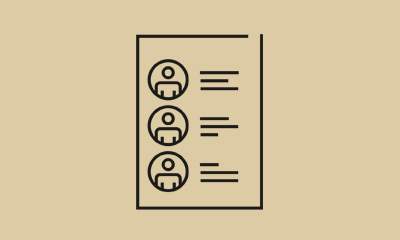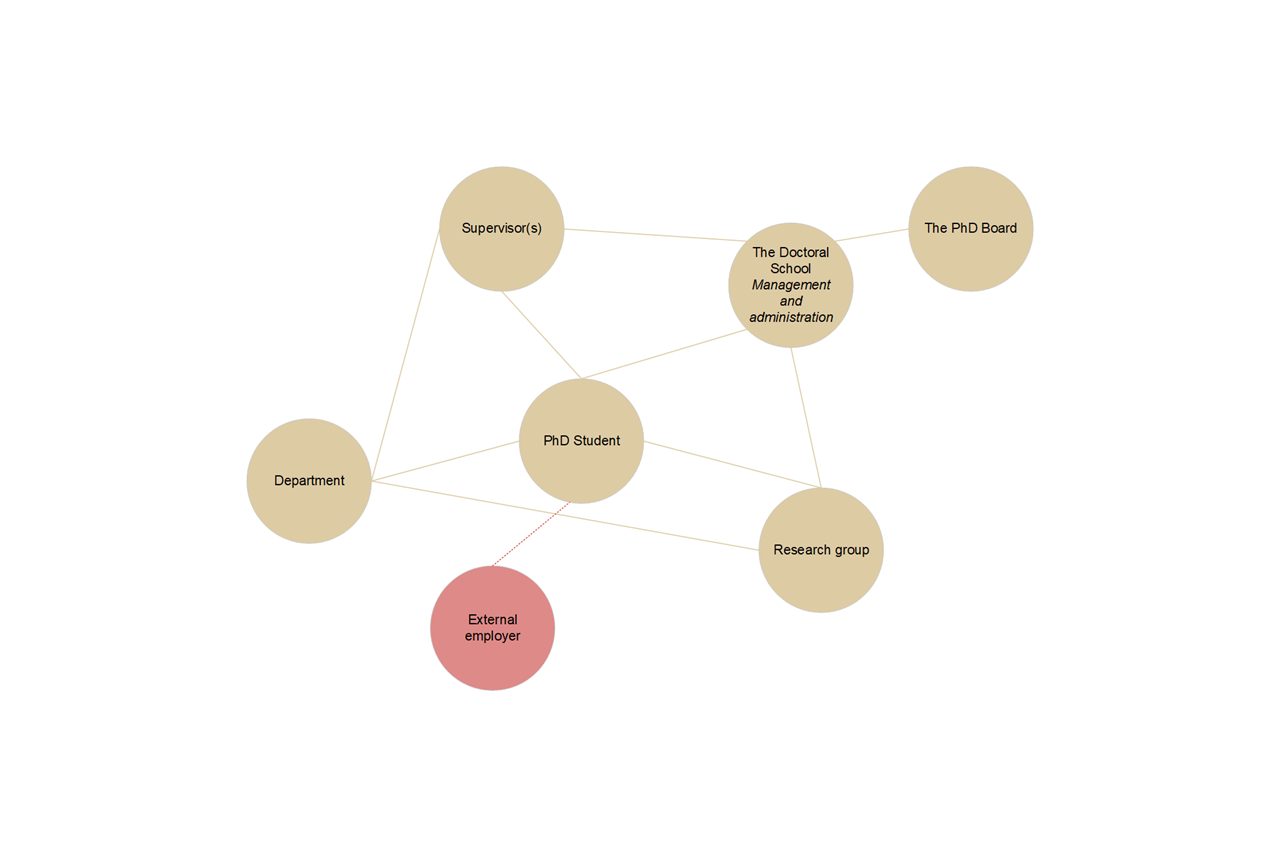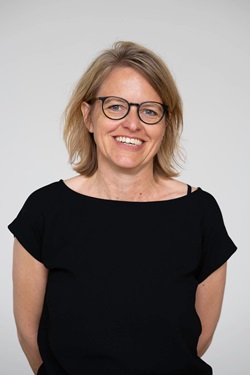The Doctoral School at The Faculty of Humanities
Are you a PhD student?
Find information about your PhD programme here
"Are you a PhD student?" is your informational universe and catalogue for all questions you might have about your PhD programme.
Practical information
The Doctoral School at The Faculty of Humanities
- Campusvej 55
- Odense M - DK-5230
Last Updated 18.02.2026




